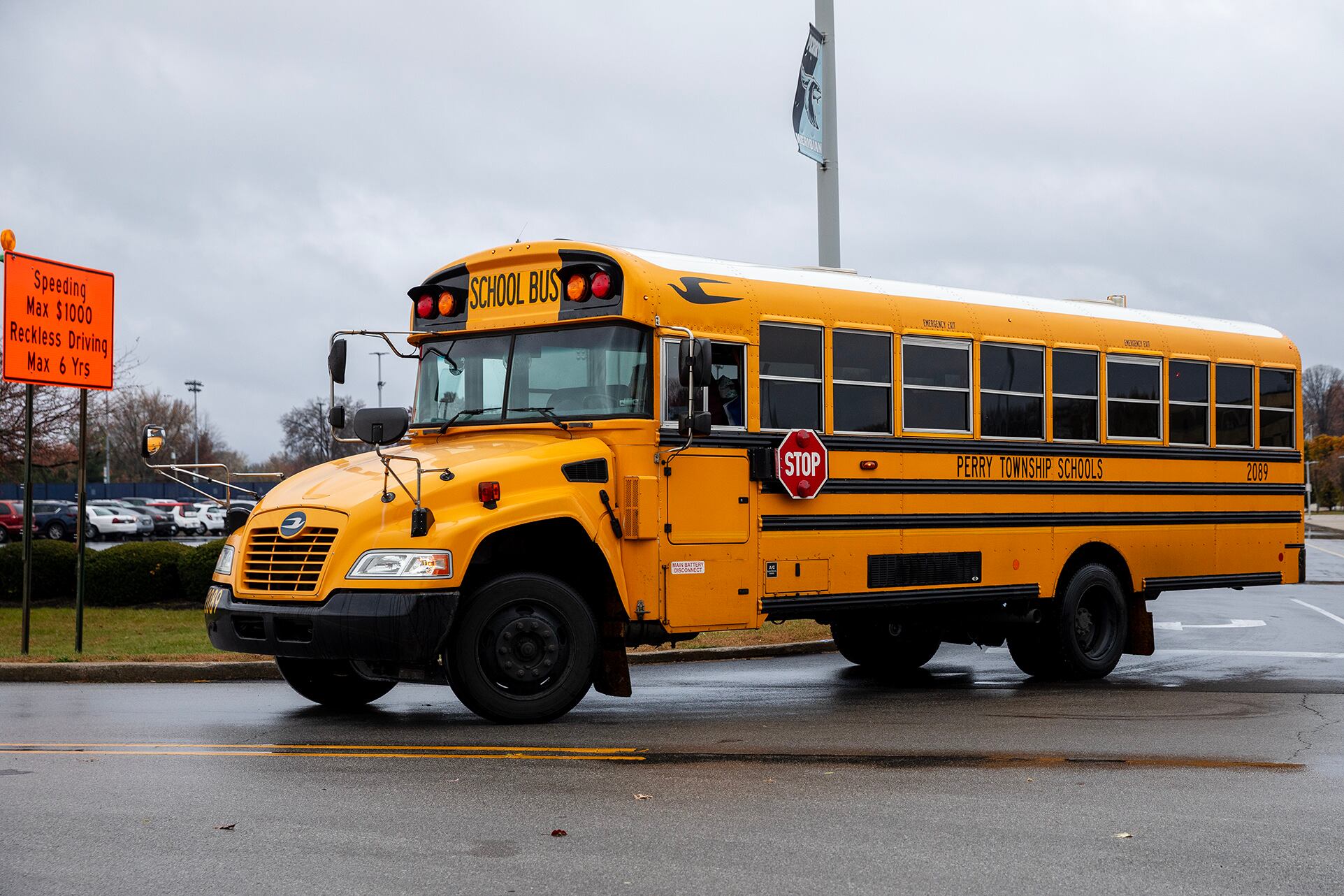Sign up for Chalkbeat Indiana’s free daily newsletter to keep up with Indianapolis Public Schools, Marion County’s township districts, and statewide education news.
A new member will join the Perry Township Metropolitan School District school board despite two incumbent candidates running for four open seats.
Astin Vick won election as a write-in candidate and will join the board in January. She’ll replace incumbent Steven Johnson, who did not run for reelection but would have been eligible to hold his seat if there were no challengers. He has served on the board since 2017.
Vick has worked in the district in various roles, including as a substitute teacher, teacher’s aide, and assistant track and field coach. She ran for the board in 2022 but didn’t win.
This year, the Perry board had just two candidates — incumbents Emily Hartman and Jim Hernandez — file to run for four open at-large seats on the seven-member board. That meant that Johnson and Ken Mertz, the other two incumbents who didn’t file for reelection, would be eligible to hold over their seats, per state law.
But when Vick joined the race as a write-in candidate, she was guaranteed a seat on the board if she got at least one vote. (Unofficial results show 568 write-in votes, but it’s unclear how many were for Vick.)
It was up to the board to decide which at-large member would remain in their seat. Mertz, who has served on the board since 2008, will remain in his seat.
In a Monday statement, Vick said that in addition to her own experience, her husband is a Perry Meridian High School alum, and her mother-in-law is a retired Perry teacher. She has also served in the Perry Township Schools Leadership Academy, which allows community members to learn about how the district functions.
“Over the past eight years, I have grown to love the Perry community and I am excited to serve our community as a member of the Board,” Vick said in the statement.
Speaking at Monday’s school board meeting, Johnson thanked the district staff and fellow board members. He reflected on his background as a teacher and coach at Perry schools, as well as his most recent experience as a librarian and school board member and advised caution.
“When the school board bans books, they are not just limiting the content of individual families — they are restricting the access of every student, including those parents who may want them to engage in a wide array of ideas,” he said. “Education is meant to prepare students for the real world, which includes exposure to different perspectives and challenging ideas.”
In addition to Vick, Hartman, Hernandez, and Mertz, the Perry board includes Lee Shively, Hre Mang, and Chris Lewis.
The seats held by Shively, Mang, and Lewis will be up for reelection in 2026.
Aleksandra Appleton covers Indiana education policy and writes about K-12 schools across the state. Contact her at aappleton@chalkbeat.org.







